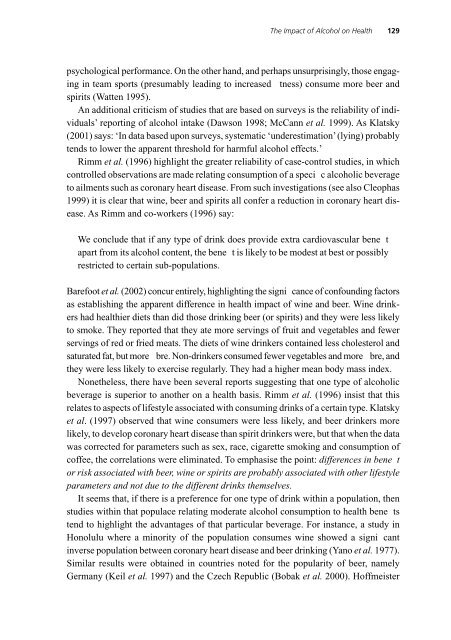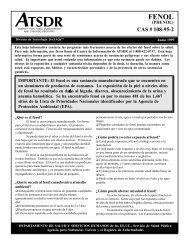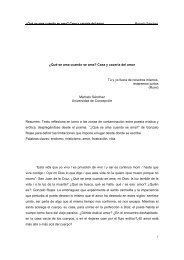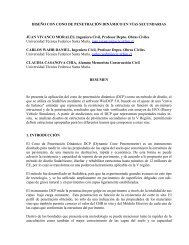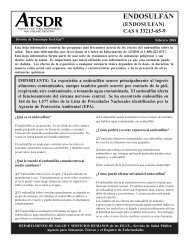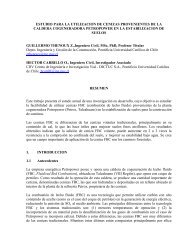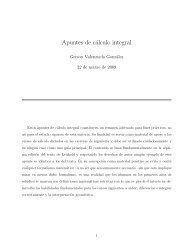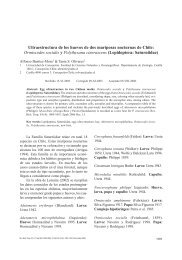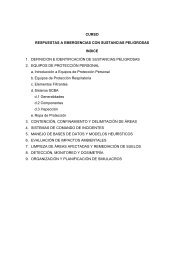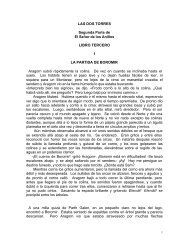Beer : Health and Nutrition
Beer : Health and Nutrition
Beer : Health and Nutrition
Create successful ePaper yourself
Turn your PDF publications into a flip-book with our unique Google optimized e-Paper software.
The Impact of Alcohol on <strong>Health</strong> 129<br />
psychological performance. On the other h<strong>and</strong>, <strong>and</strong> perhaps unsurprisingly, those engaging<br />
in team sports (presumably leading to increased tness) consume more beer <strong>and</strong><br />
spirits (Watten 1995).<br />
An additional criticism of studies that are based on surveys is the reliability of individuals’<br />
reporting of alcohol intake (Dawson 1998; McCann et al. 1999). As Klatsky<br />
(2001) says: ‘In data based upon surveys, systematic ‘underestimation’ (lying) probably<br />
tends to lower the apparent threshold for harmful alcohol effects.’<br />
Rimm et al. (1996) highlight the greater reliability of case-control studies, in which<br />
controlled observations are made relating consumption of a speci c alcoholic beverage<br />
to ailments such as coronary heart disease. From such investigations (see also Cleophas<br />
1999) it is clear that wine, beer <strong>and</strong> spirits all confer a reduction in coronary heart disease.<br />
As Rimm <strong>and</strong> co-workers (1996) say:<br />
We conclude that if any type of drink does provide extra cardiovascular bene t<br />
apart from its alcohol content, the bene t is likely to be modest at best or possibly<br />
restricted to certain sub-populations.<br />
Barefoot et al. (2002) concur entirely, highlighting the signi cance of confounding factors<br />
as establishing the apparent difference in health impact of wine <strong>and</strong> beer. Wine drinkers<br />
had healthier diets than did those drinking beer (or spirits) <strong>and</strong> they were less likely<br />
to smoke. They reported that they ate more servings of fruit <strong>and</strong> vegetables <strong>and</strong> fewer<br />
servings of red or fried meats. The diets of wine drinkers contained less cholesterol <strong>and</strong><br />
saturated fat, but more bre. Non-drinkers consumed fewer vegetables <strong>and</strong> more bre, <strong>and</strong><br />
they were less likely to exercise regularly. They had a higher mean body mass index.<br />
Nonetheless, there have been several reports suggesting that one type of alcoholic<br />
beverage is superior to another on a health basis. Rimm et al. (1996) insist that this<br />
relates to aspects of lifestyle associated with consuming drinks of a certain type. Klatsky<br />
et al. (1997) observed that wine consumers were less likely, <strong>and</strong> beer drinkers more<br />
likely, to develop coronary heart disease than spirit drinkers were, but that when the data<br />
was corrected for parameters such as sex, race, cigarette smoking <strong>and</strong> consumption of<br />
coffee, the correlations were eliminated. To emphasise the point: differences in bene t<br />
or risk associated with beer, wine or spirits are probably associated with other lifestyle<br />
parameters <strong>and</strong> not due to the different drinks themselves.<br />
It seems that, if there is a preference for one type of drink within a population, then<br />
studies within that populace relating moderate alcohol consumption to health bene ts<br />
tend to highlight the advantages of that particular beverage. For instance, a study in<br />
Honolulu where a minority of the population consumes wine showed a signi cant<br />
inverse population between coronary heart disease <strong>and</strong> beer drinking (Yano et al. 1977).<br />
Similar results were obtained in countries noted for the popularity of beer, namely<br />
Germany (Keil et al. 1997) <strong>and</strong> the Czech Republic (Bobak et al. 2000). Hoffmeister


